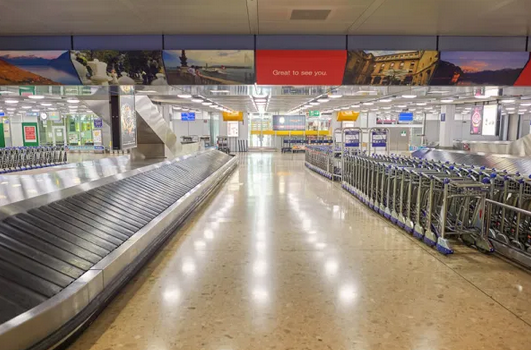From Monday 8 February 2021, many people entering Switzerland require a negative PCR test.
Currently, there are restrictions on who can enter Switzerland. Generally, only those with a Swiss passport, a valid Swiss residence or cross-border permit, and those who are citizens of an EU or EFTA nation are allowed to enter Switzerland under the current Covid-19 restrictions. There are a few narrow exemptions.
In addition, from 8 February 2021, anyone allowed to enter arriving by air will need to present a negative PCR test.
Also, those who have stayed in a place (transit is excluded) that is included on the FOPH list of risk countries within 10 days of arrival will need to present a negative PCR regardless of whether they enter by air, road or train. They will also need to quarantine for 10 days. The quarantine requirement covers both adults and children. Arrival must be announced to the relevant canton. This can usually be done online: list of websites.
People entering from a region not on the risk list, or a region bordering Switzerland, either by road, rail or boat will not need to present a negative PCR test, nor will they need to quarantine. However, those entering by bus, train or boat from a place that does not share a border with Switzerland will need to present a completed entry form.
For those required to present SARS-CoV-2 tests, the tests must have been done within 72 hours before arrival, must be a molecular-biological analysis, for example a PCR test, and the result of the test must be negative. Rapid antigen tests are not sufficient. Children under 12 are not subject to the testing requirement and do not need proof of a negative test result.
Airlines will check proof passengers have had the required negative test before allowing them to board.
Full story here Are you the author? Previous post See more for Next postTags: Coronavirus Switzerland,Covid-19 Switzerland,Editor's Choice,Featured,Health,newsletter
































